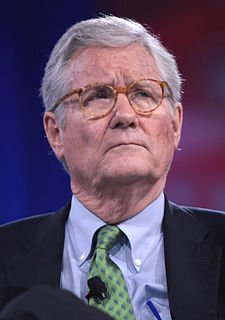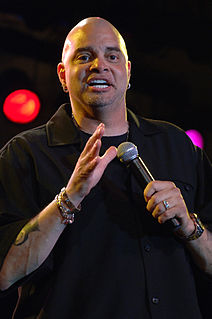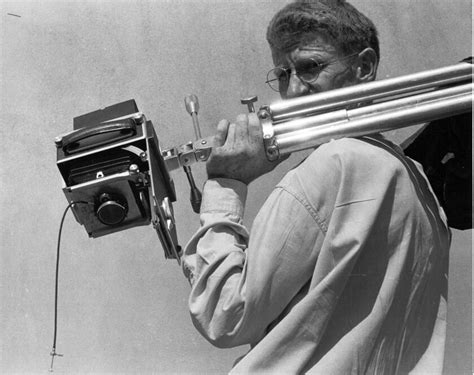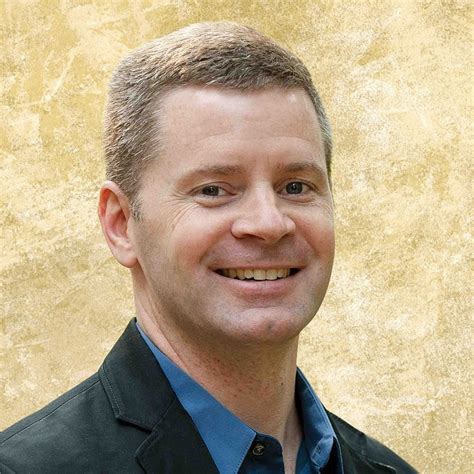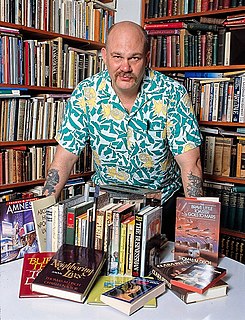A Quote by Ludwig Wittgenstein
Don't get involved in partial problems, but always take flight to where there is a free view over the whole single great problem, even if this view is still not a clear one.
Related Quotes
A short term view will lead to a partial and perhaps twisted view of the whole picture. A crucial element may be missing. We may not be running the entire race. A friend of mine described a colleague as great at running the "ninety-five yard dash." That is a distinction I can do without. Lacking the last five yards makes the first ninety-five pointless. In fact, serious runners thing of it as a 110 yard dash so that no one will best them in the last few yards. You've got to think beyond the whole.
But every point of view is a point of blindness: it incapacitates us for every other point of view. From a certain point of view, the room in which I write has no door. I turn around. Now I see the door, but the room has no window. I look up. From this point of view, the room has no floor. I look down; it has no ceiling. By avoiding particular points of view we are able to have an intuition of the whole. The ideal for a Christian is to become holy, a word which derives from “whole.
The forest stretched on seemingly forever with the most monotonous predictability, each tree just like the next - trunk, branches, leaves; trunk, branches, leaves. Of course a tree would have taken a different view of the matter. We all tend to see the way others are alike and how we differ, and it's probably just as well we do, since that prevents a great deal of confusion. But perhaps we should remind ourselves from time to time that ours is a very partial view, and that the world is full of a great deal more variety than we ever manage to take in.
You must walk sometimes perfectly free, not prying or inquisitive, not bent on seeing things. Throw away a whole day for a single expansion, a single inspiration of air. You must walk so gently as to hear the finest sounds, the faculties being in repose. Nature will bear the closest inspection. She invites us to lay our eye level with her smallest leaf, and take an insect view of its plain.


